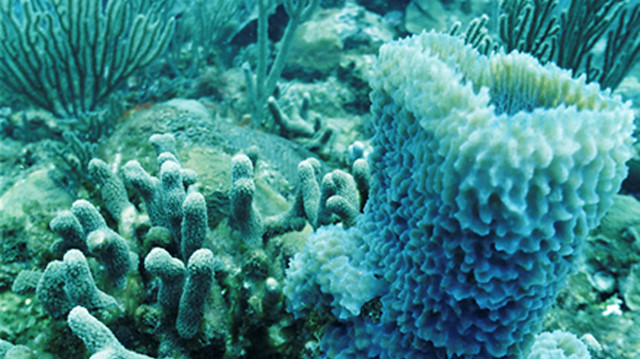
CHANGE NEEDED AT EVERY LEVEL
Robert Watson, a British environmental scientist who chairs the IPBES, said it would be possible to start conserving, restoring and using nature sustainably only if societies were prepared to confront "vested interests" committed to preserving the status quo.
"The report also tells us that it is not too late to make a difference, but only if we start now at every level from local to global," Watson said in a statement.
"By transformative change, we mean a fundamental, system-wide reorganization across technological, economic and social factors, including paradigms, goals and values."
The report's blunt language echoed the United Nations' Intergovernmental Panel on Climate Change, which said in October that profound economic and social changes would be needed to curb greenhouse gases quickly enough to avert the most devastating consequences of a warming world.
The findings will also add to pressure for countries to agree bold action to protect wildlife at a major conference on biodiversity due to take place in China towards the end of next year, a focal point for governments and campaigners.
The Global Assessment contained a litany of estimates made after a three-year review of some 15,000 scientific papers that showed the profound impact of the rise of a globalised industrial society on the planet over the past half century.
Combining wide-ranging disciplines to measure how the loss of the natural world affects human societies, the report identified a range of risks, from the disappearance of insects vital for pollinating food crops, to the destruction of coral reefs that support fish populations that sustain coastal communities, or the loss of medicinal plants.
The report found that the average abundance of native species in most major land-based habitats has fallen by at least 20 percent, mostly since 1900.
The threatened list includes more than 40 percent of amphibian species, almost 33 percent of reef-forming corals, and more than a third of all marine mammals. The picture was less clear for insect species, but a tentative estimate suggests 10 per cent are at risk of extinction.
"We have been running from one frontier to another frontier trying to find cheap nature (to exploit) in every corner of the planet," Eduardo Brondizio, a professor of anthropology at Indiana University in the United States who co-chaired the Global Assessment, told Reuters.
"The key message: business as usual has to end."














